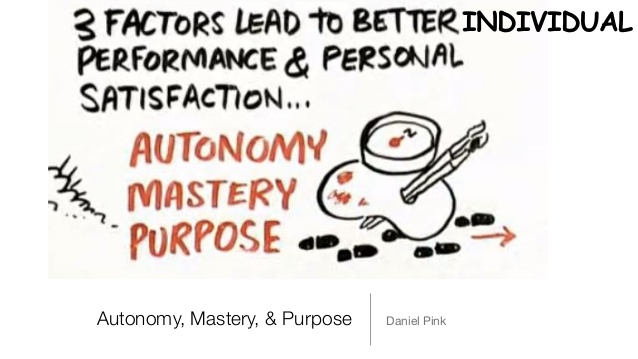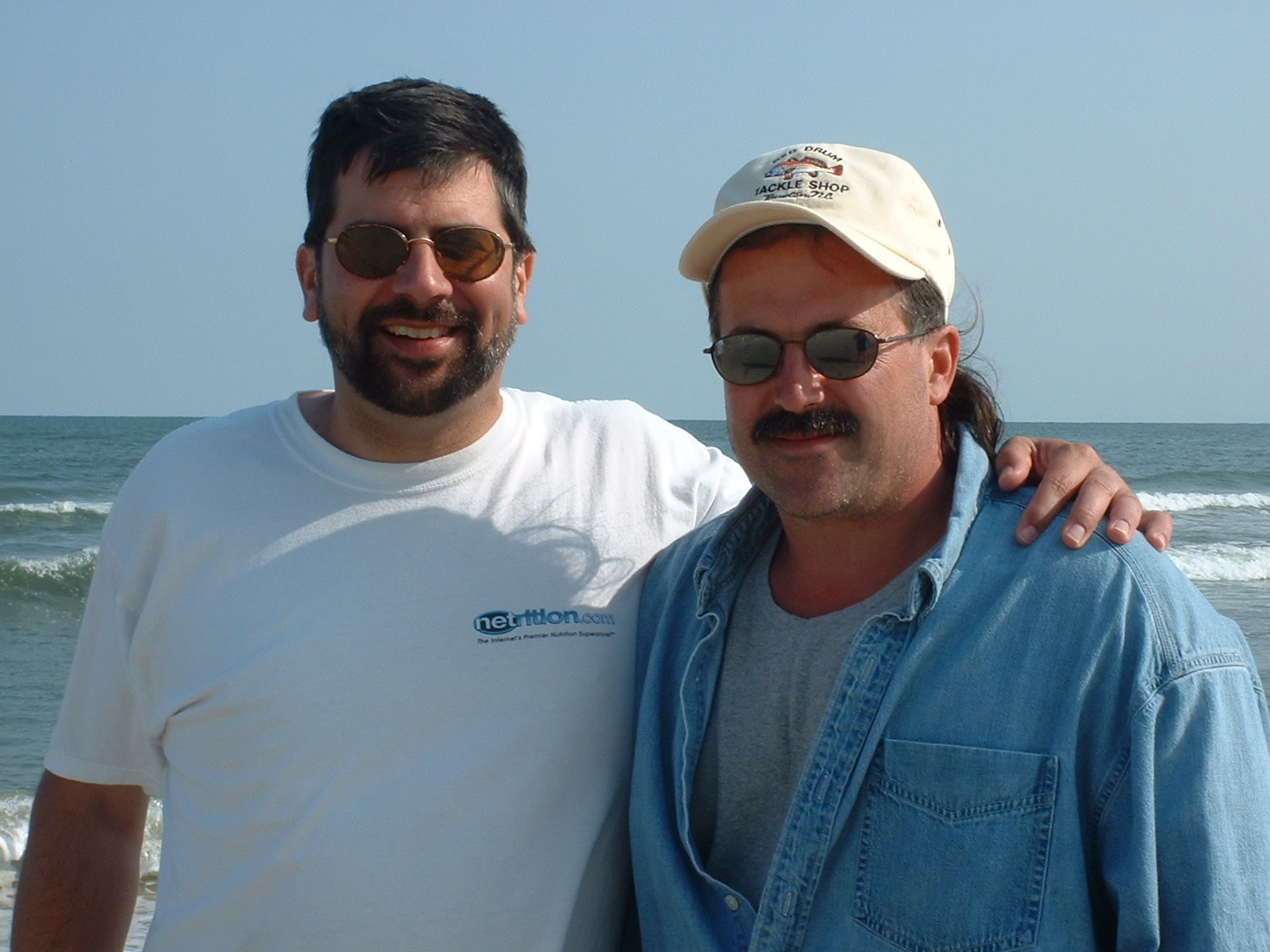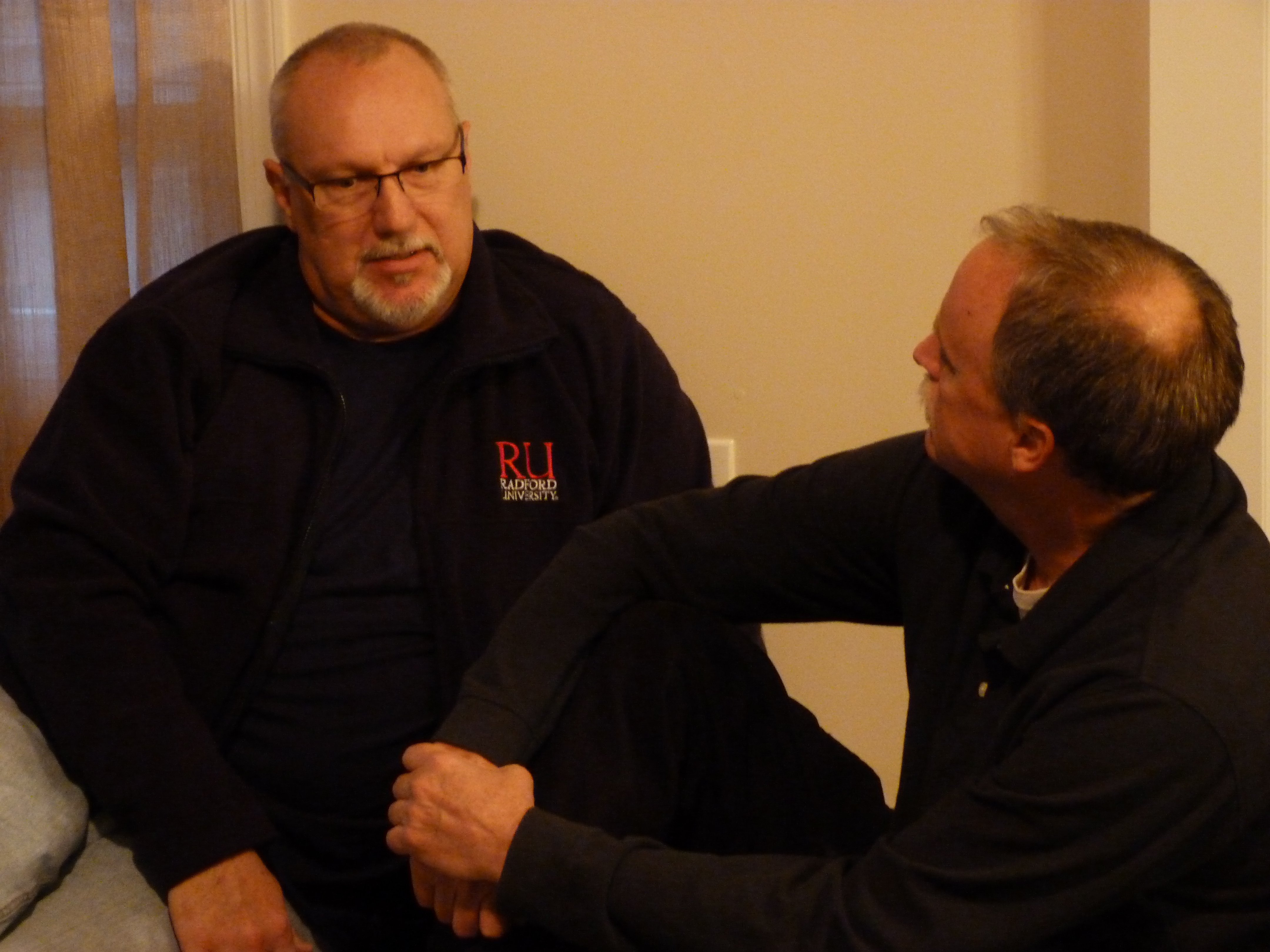Hello, Friday. We’ve had rain for days here, but it’s forecasted to be gone for the weekend. What are you up to? I’ve culled down my many happy finds of this week to these. Please share what enlarged your life this week (in comments)…and Happy Mother’s Day!
1) A Mama’s Lament – “Slow Down” – “I don’t know of a more uttered or whispered phrase from a mother of any age, about her child of any age, than ‘It’s going by too fast.’ I feel like I spend my life trying to slow time. Trying to celebrate the growth and the milestones of my children, and then secretly day dreaming about building a time machine in my garage, so I can return to rocking my babies at midnight. If you’ve ever looked at your child running across a field, or striding across a graduation stage, or walking down the middle aisle of a church clutching a bouquet, you’ll know why this song is special to me. Please enjoy the video below, remembering the moments we wish we could slow down, and sharing them with those we love most.” – Nichole Nordeman
2) Primary Physicians – Without a lot of detail, I’ve been undergoing a series of medical tests (with their various new doctors attached) for a finding that is either nothing…or not. As frustrating as all this can be (with scheduling and preps and the waiting…the waiting!), I am grateful for specialists who continue to sharpen the focus of whatever this is that’s going on. Mostly, I am grateful for my primary physician who knows me and my history best. He occasionally checks in himself, as different reports come to him during this journey. What a blessing to know he’s putting the pieces of this puzzle together as each specialist adds his bit. Thankful. Photo Credit: UPMC
Photo Credit: UPMC
3) Life in a Refugee Camp– Our friend, Beth, is spending a couple of months in Greece, working in a Syrian refugee camp. She has been a great help there, I’m sure, and has given us a window into the lives of these displaced peoples. It’s hard to imagine living in a tent city, and yet, how wonderful that there is shelter for them in this place in-between. Homeless, and yet, for now, they have a place at least…where the kids play, the parents take English classes, and all the rest of their new normal life unfolds – cooking, cleaning, and preparing for an unknown but hopeful future.
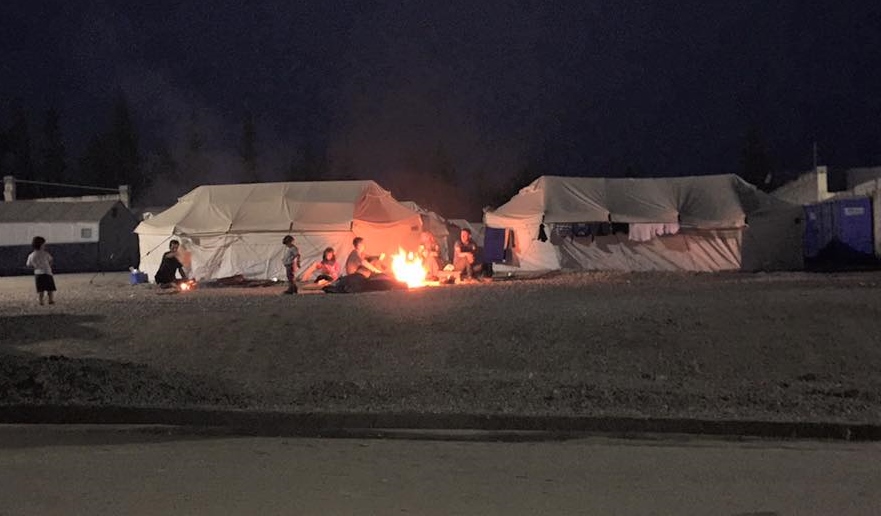

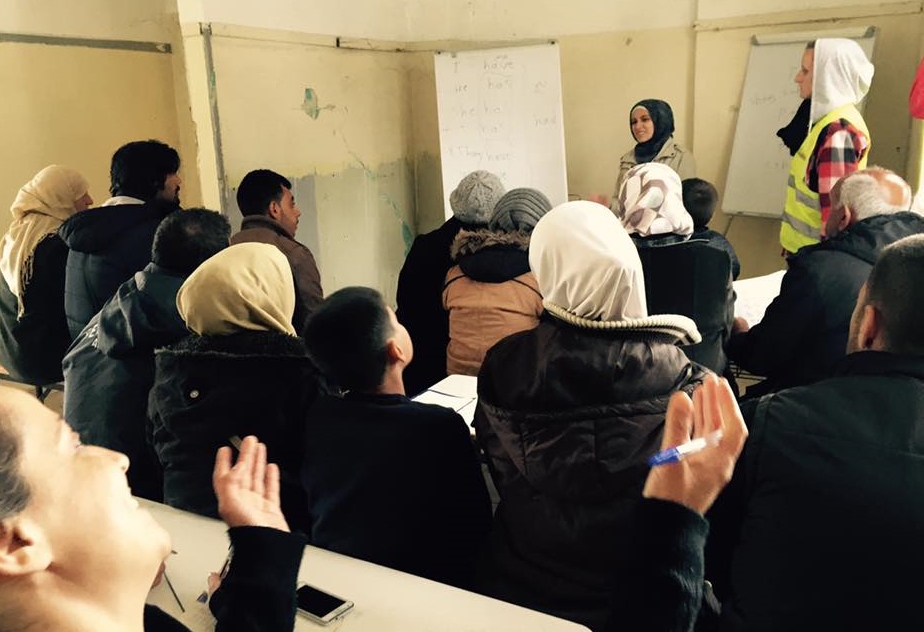
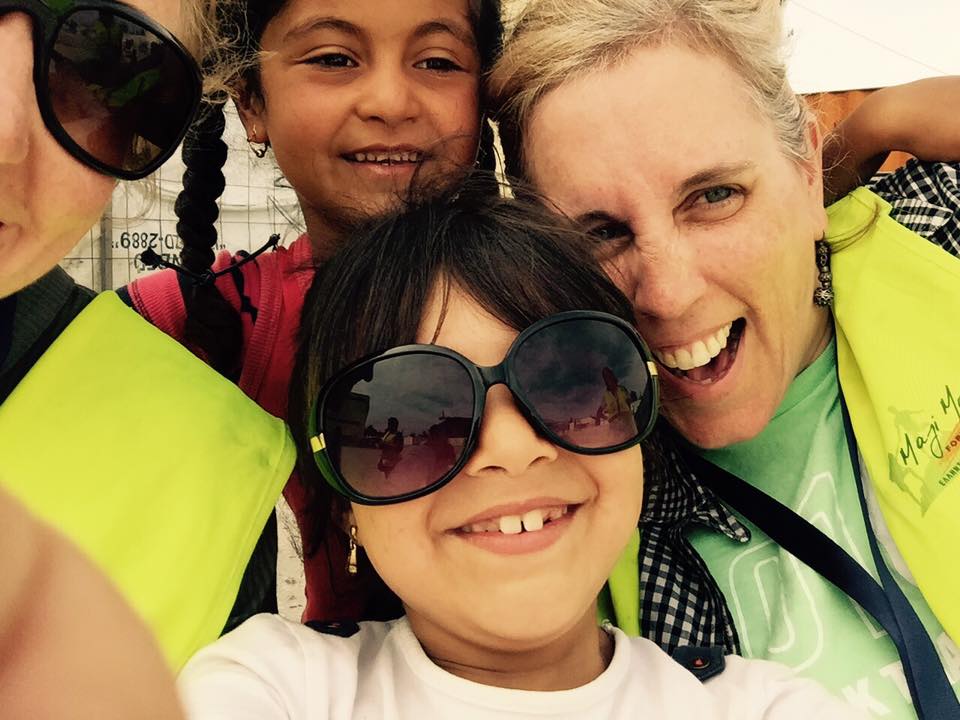 Photo Credit: Facebook
Photo Credit: Facebook
4) A Deeper Happiness – You know, if you read this blog, that I love Kara Tippetts. She is with the Lord now. Still, her life and wisdom continue to impact my own. Her husband, Jason, wrote about a lunchtime together as she was nearing the day of leaving.
“The other day Mickey brought a grilled cheese to Kara for lunch. I didn’t have anything, so I just watched her eat. She offered me half of her sandwich. I said, Don’t you want it?
She replied, I do, but I want to share more. Photo Credit: Woman’s World
Photo Credit: Woman’s World
First of all, yes, I did take half of a sandwich from my dying wife. Second, it occurred to me how Kara’s simple comment stuck with me: I want to share more.
What if I found more satisfaction in sharing than taking, more in giving than consuming?
Jesus says in Matthew 20:28, Even the Son of Man came not to be served but to serve…
How beautiful that even as she fades, Kara’s selflessness reflects God’s character and ministers to our hearts.
He quotes Tim Keller: “Seek to serve one another rather than to be happy, and you will find a new and deeper happiness.”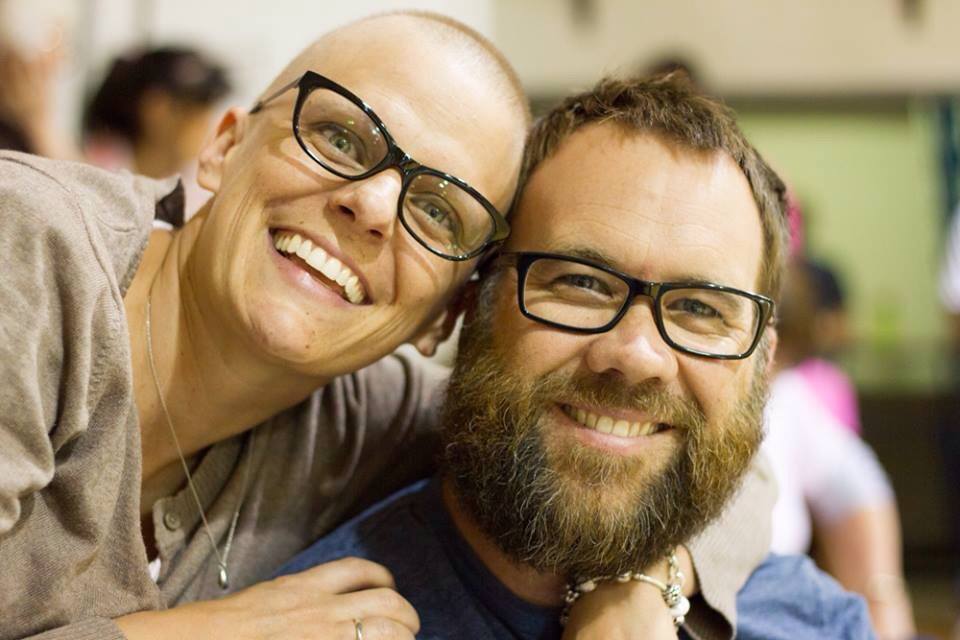 Photo Credit: Mundane Faithfulness
Photo Credit: Mundane Faithfulness
5) Community – Oh community! Sometimes you find it in the workplace or your neighborhood. Sometimes through your church (or other group of like-minded folks). Sometimes community comes through family and friends. We have experienced deep community in many forms over the course of life. I tried to find a definition for community but nothing really seemed adequate. Scott Peck has written about it with the words that resonate (I don’t agree with the whole piece but the defining words ring true) – vulnerable, honest, generous, inclusive, loving, safe. Community is where you know people genuinely care about you, warts and all…where when you’re not present, you’re missed…where help, laughter, understanding, and tears flow freely. Here’s to community – imperfect and human – more together than the individual parts. Hope you have one…otherwise, you are welcome.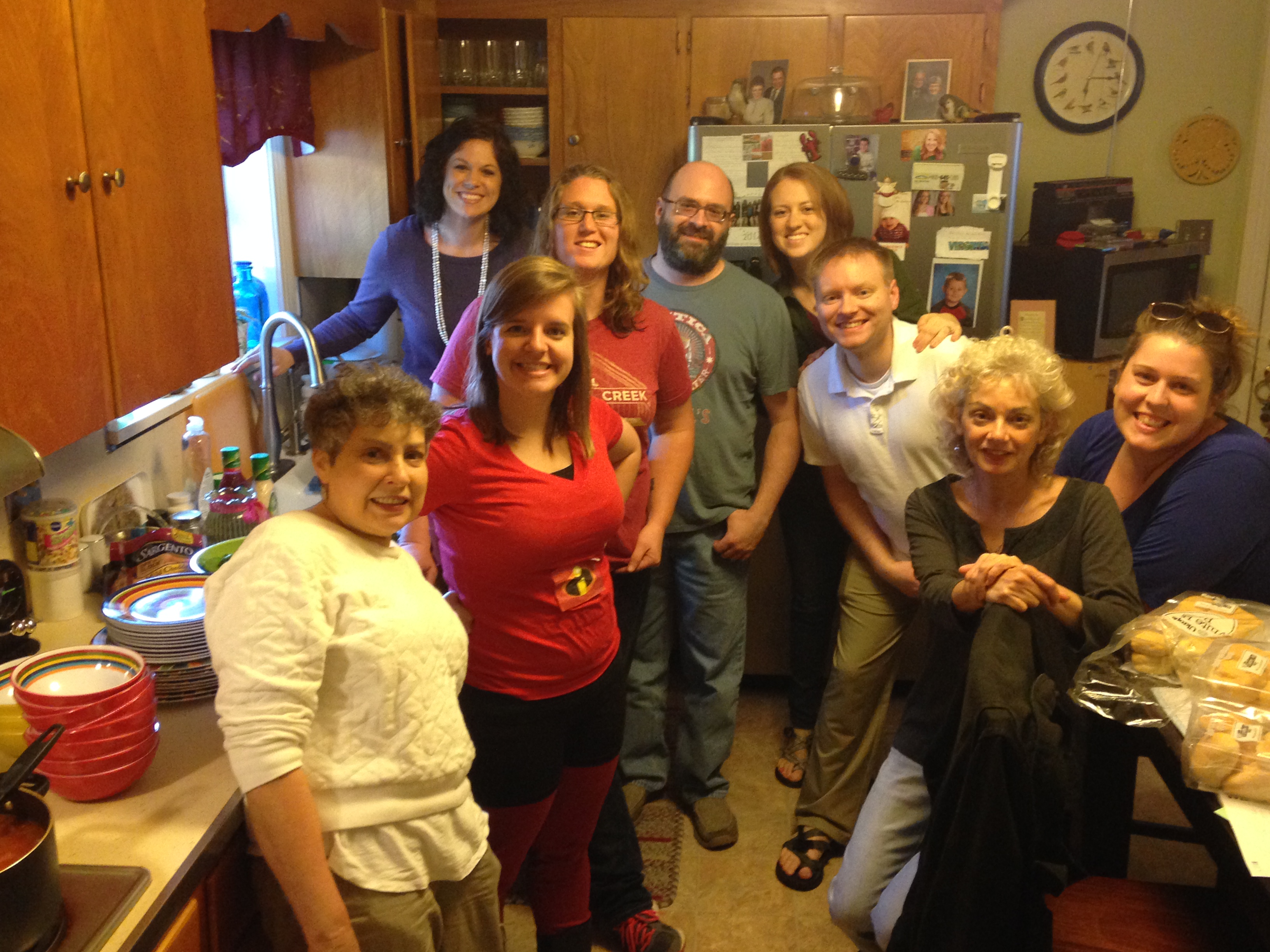



Bonus: A New Blog Find on the Workplace – I love to read about workplace culture and who leadership can make a difference. You’ll see that often in my Monday Morning Moment blogs. This week, I discovered an article by Ron Carucci interviewing Mark C. Crowley (wrote about it here). It intrigued me enough to seek out Ron’s website. He is part of the consulting team of Navalent, which focuses on business and leadership transformation. The blog is a huge resource for any of us in the workplace. Great stuff!
 Photo Credit: Navalent
Photo Credit: Navalent




